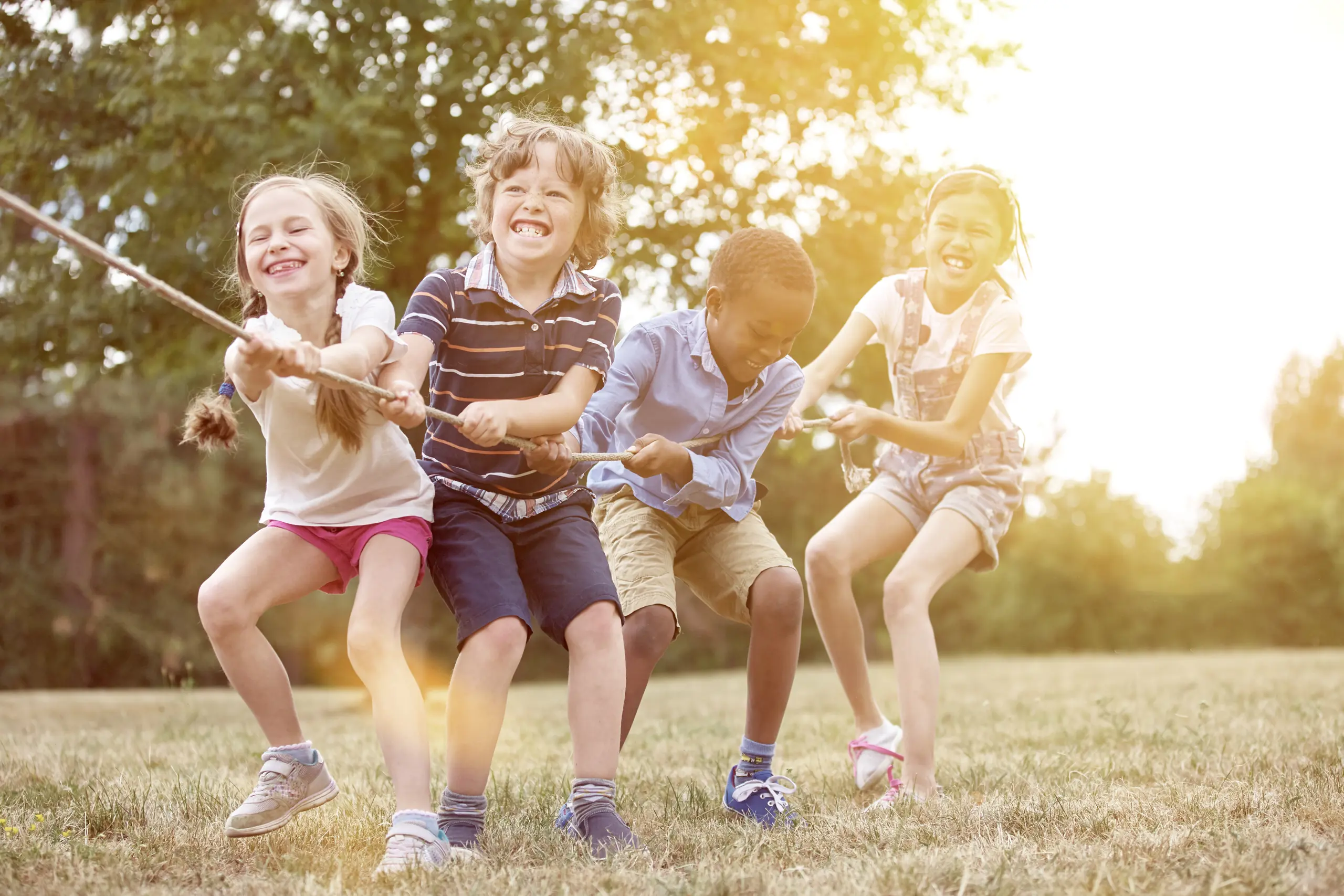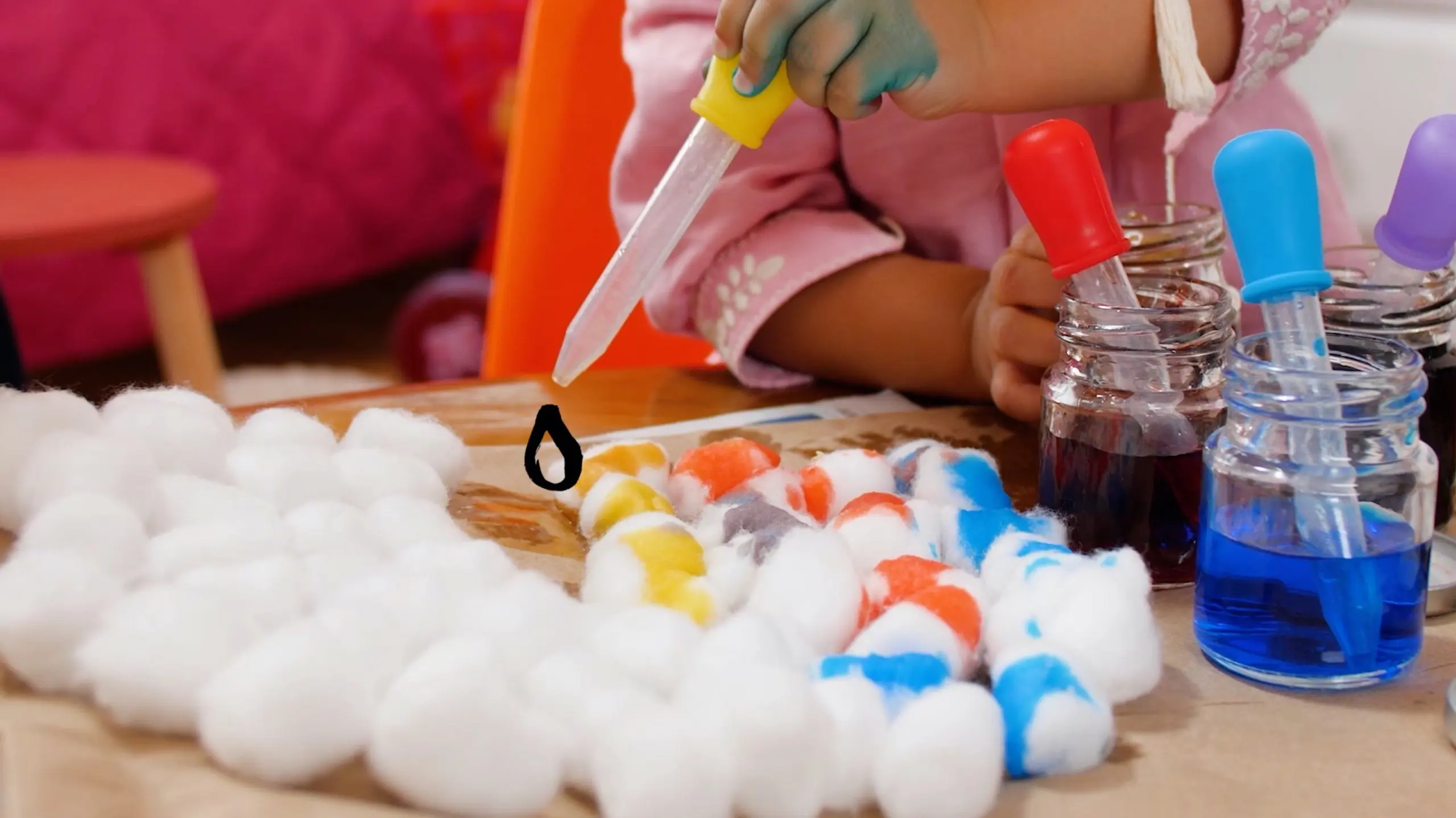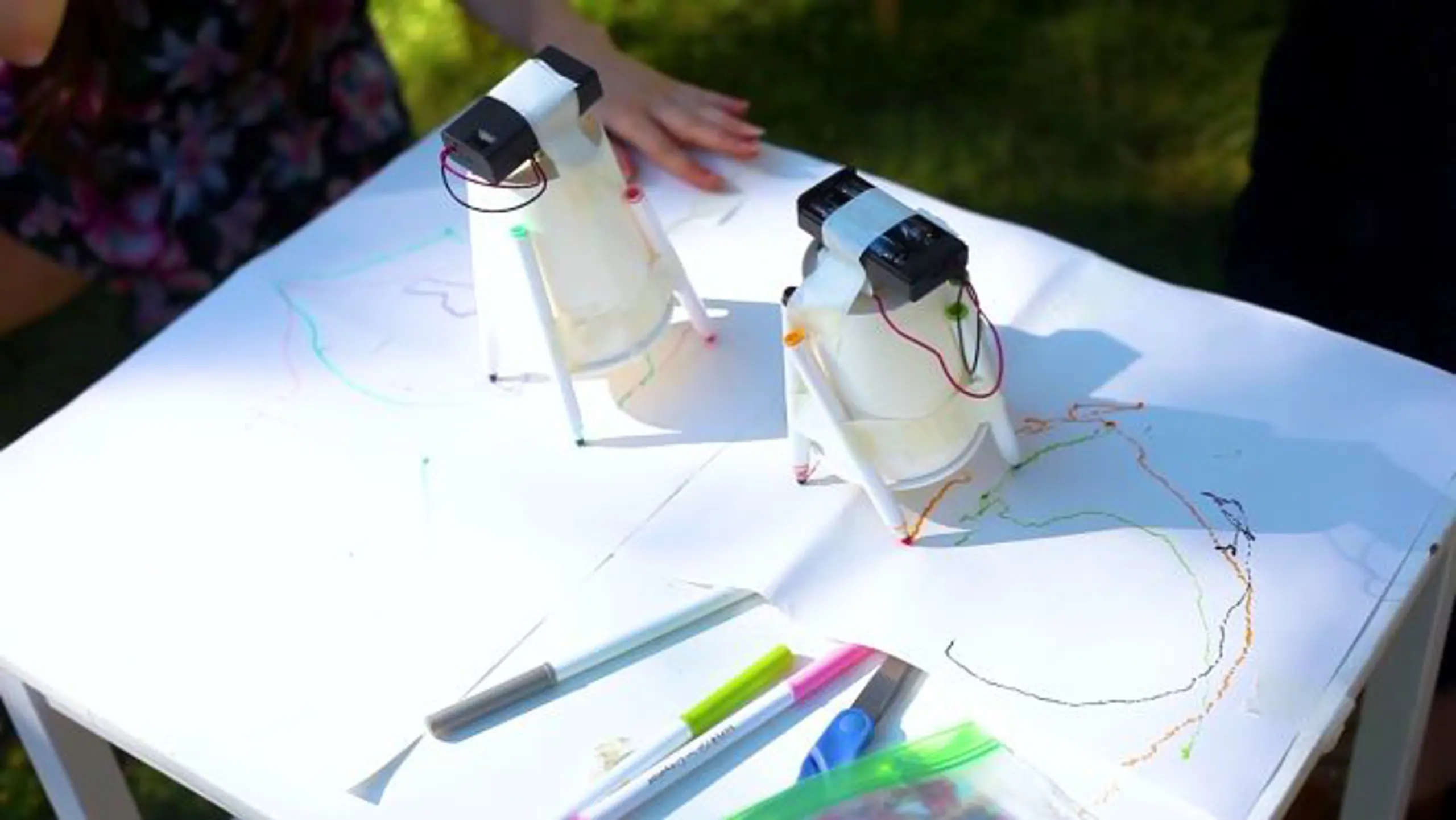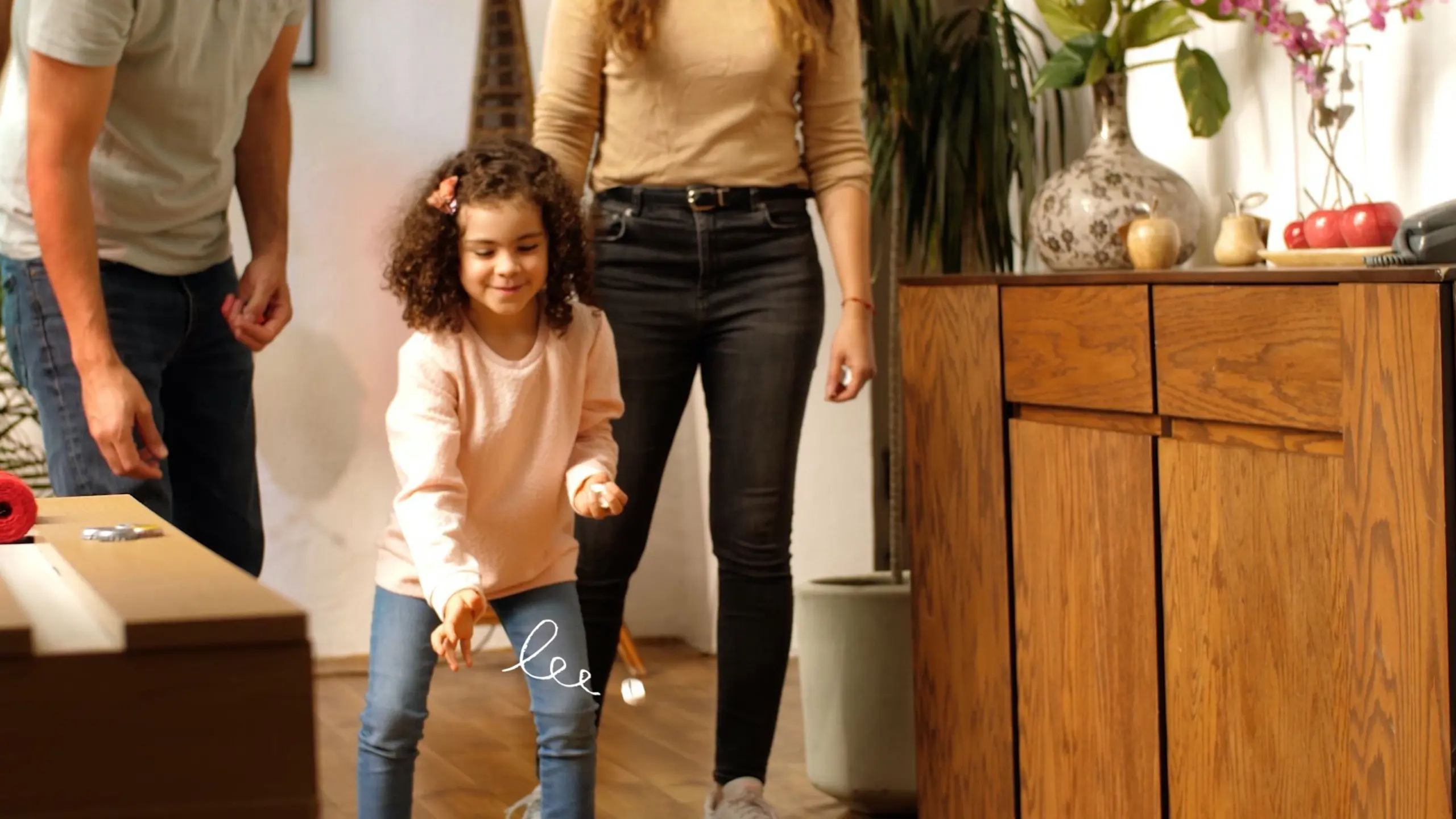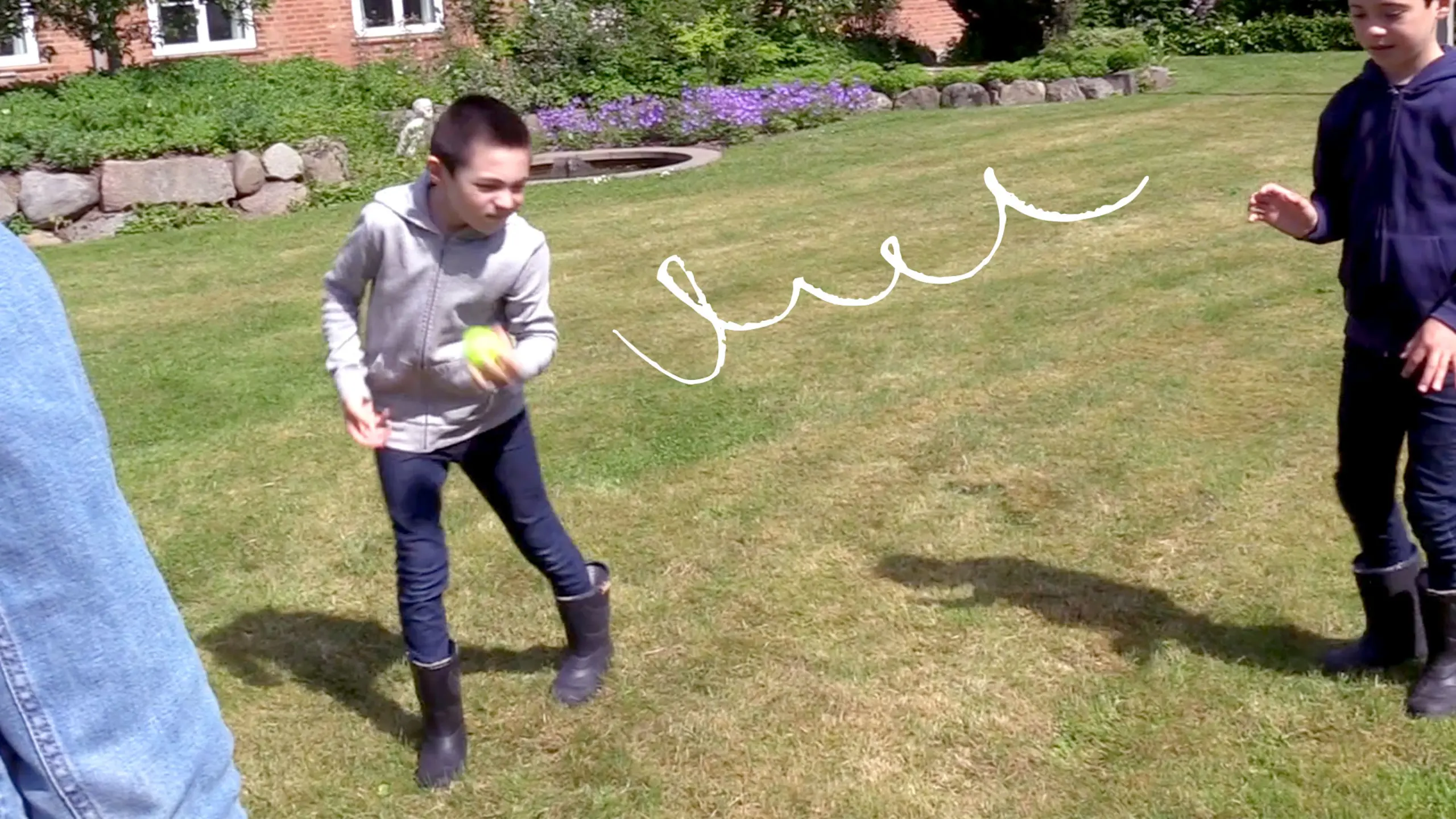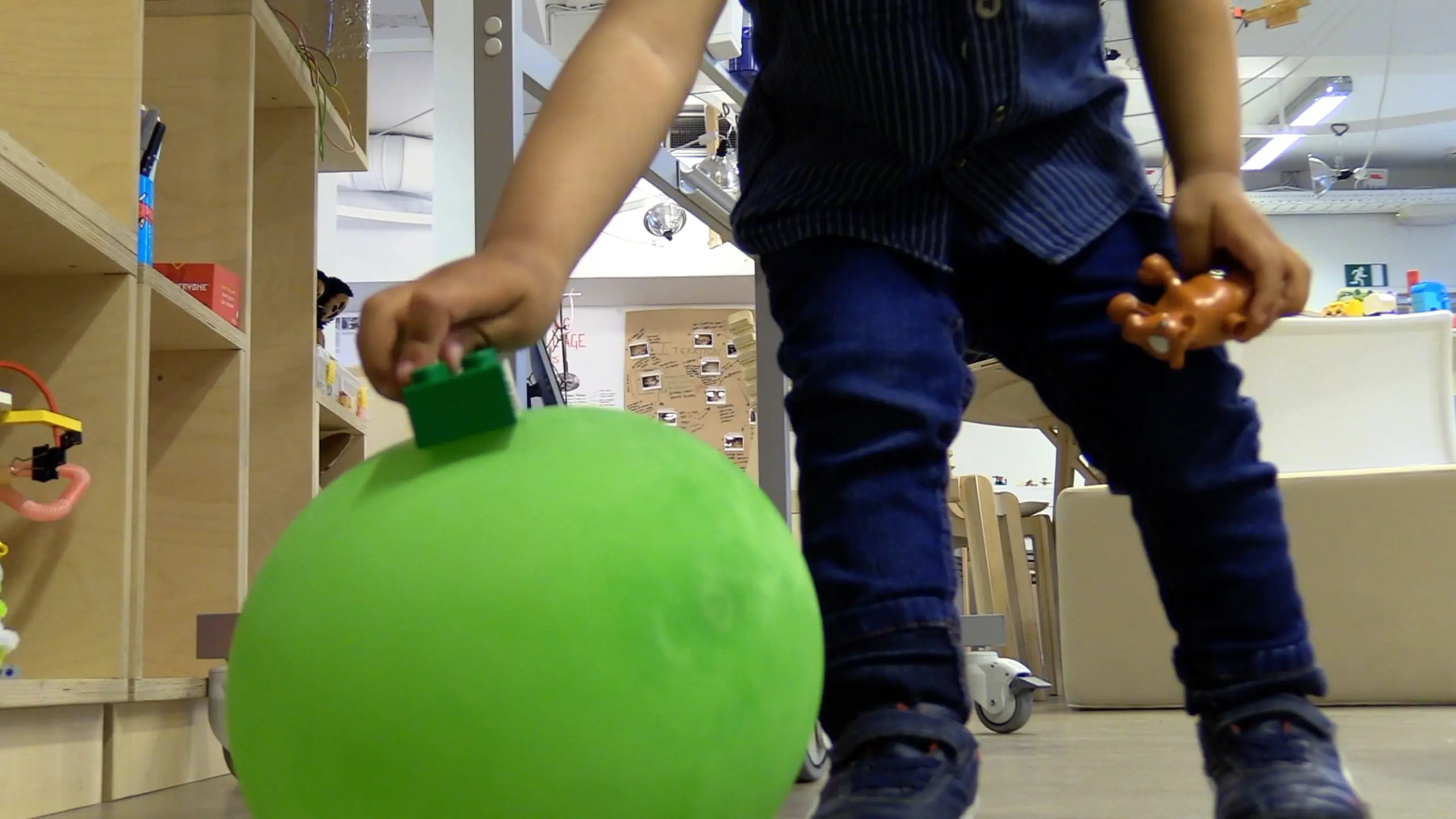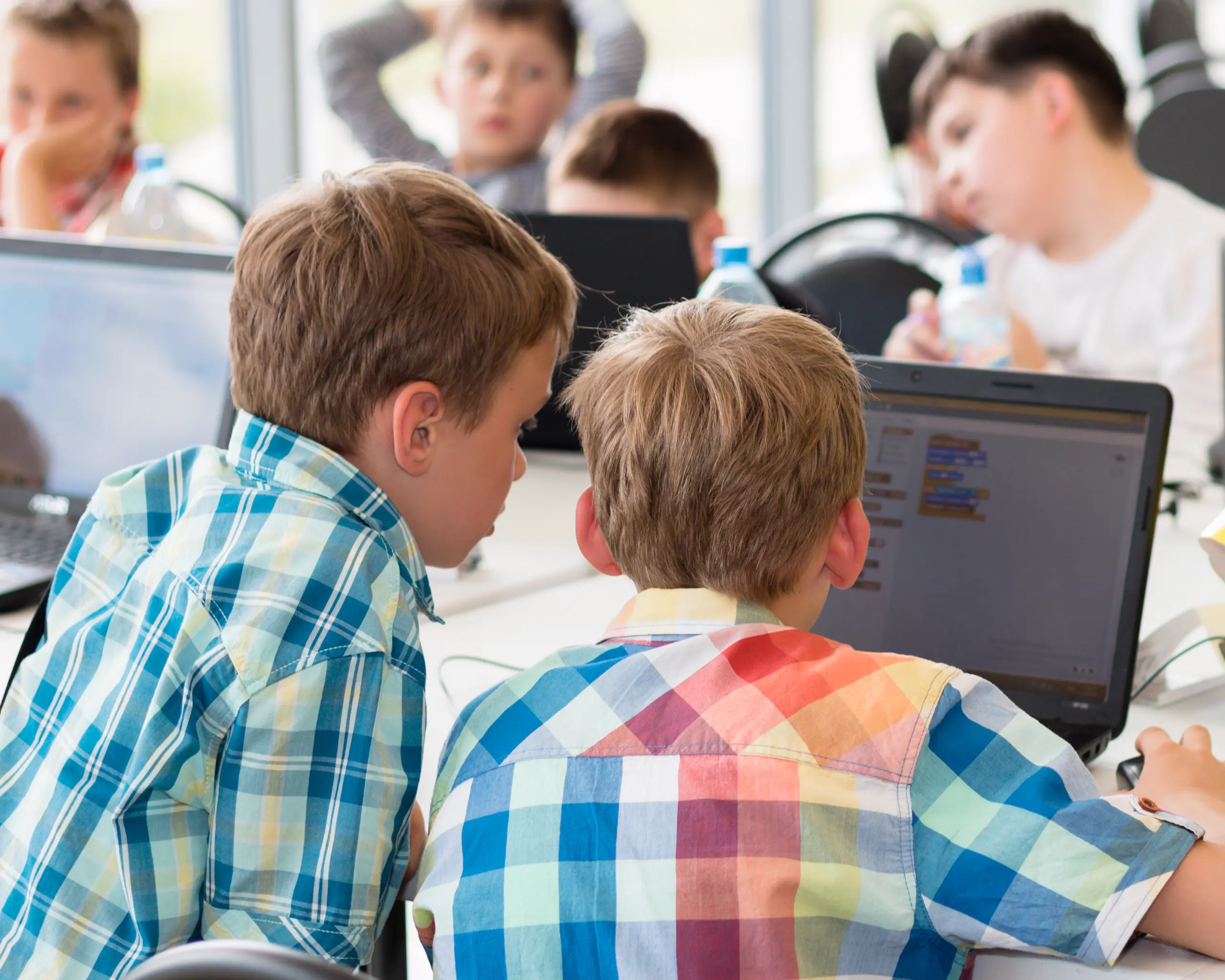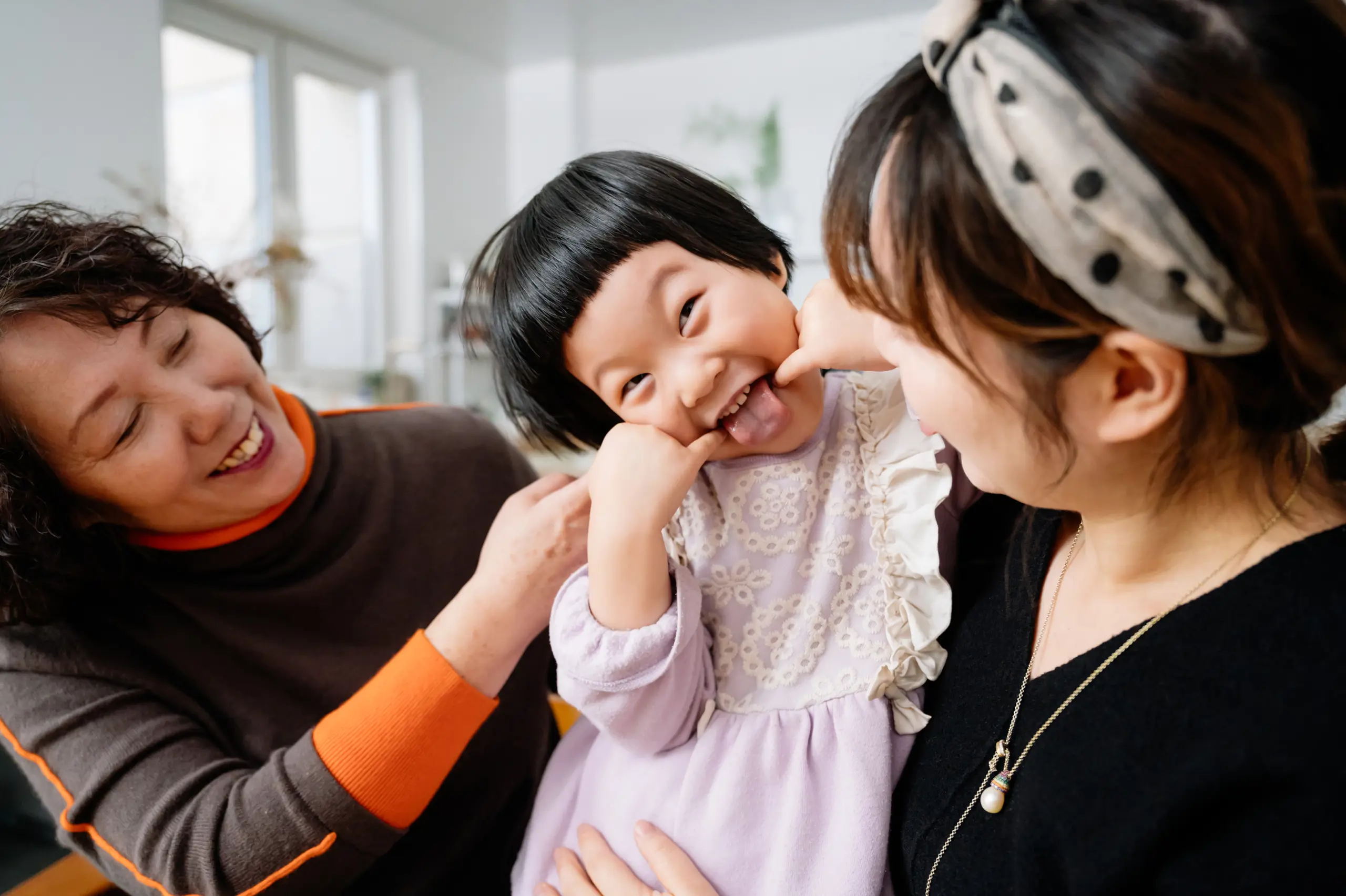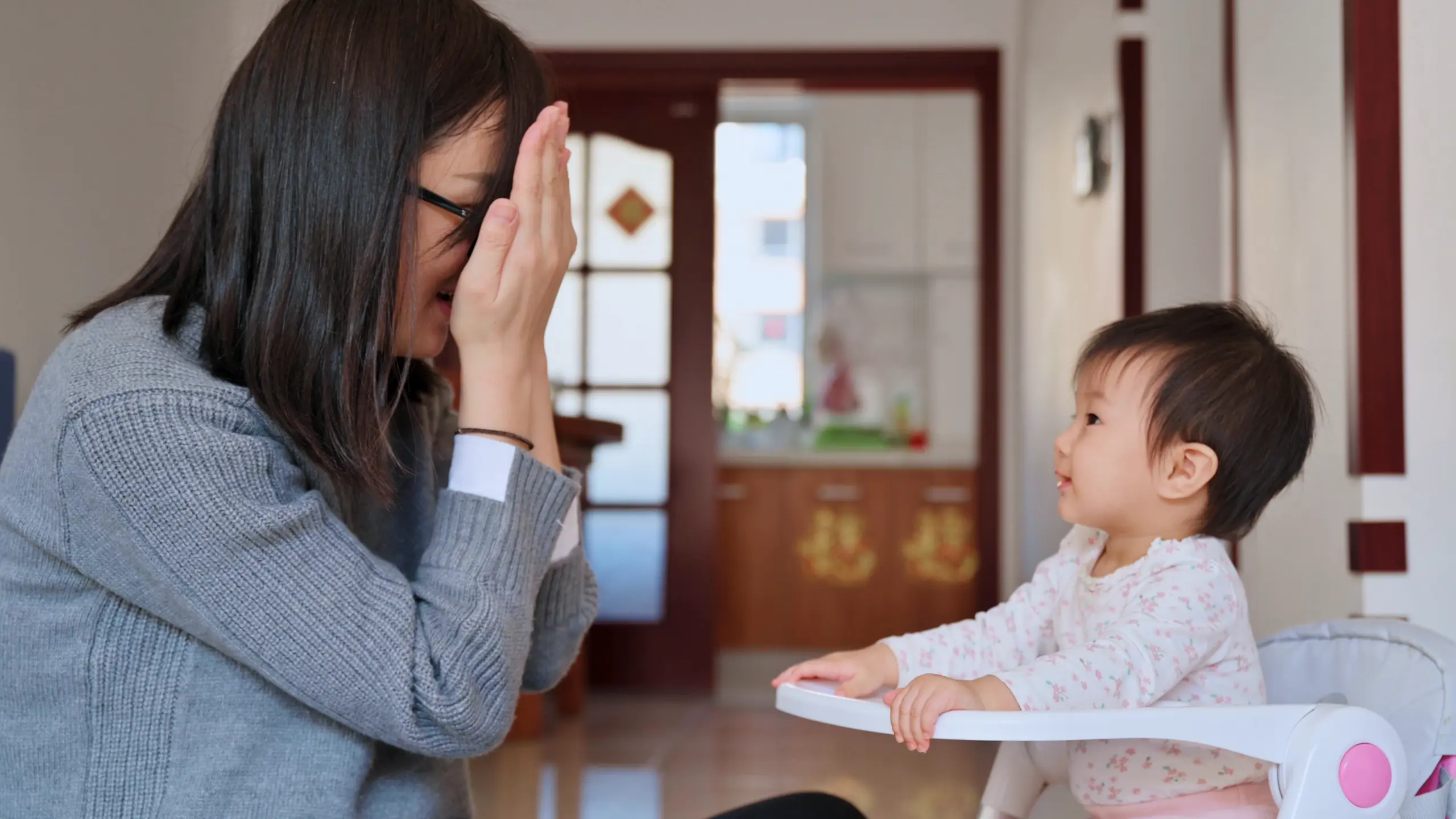All you need is love (and friends)
We’ve been working with think tank, Tænketanken Mandag Morgen to ask Danish children one big question: what makes a good life?
In the first in our three-part series, we delved into what makes life good at home and with friends.
The number one thing Danish children want? A loving family
Good lives come in all shapes and sizes, but for the Danish children we spoke to, most have a few things in common. 75% of children we talked to from ages six to sixteen agreed that knowing their family loves them was the most important ingredient to a good home life.
As children grew up, they wanted parents in particular to show love in different ways. Younger children thought parents were there to look after them – whether that was cleaning a grazed knee or playing games to stop them getting bored. For older children, it was being listened to that mattered most.
Based on the research, here are three things we think parents can do to build an even better home life for their children:
1. Find ways to give children a say
The youngest children we spoke to all wanted more say on everyday things – like what they ate or what they did with their pocket money. That doesn’t mean you should hand over packets of sweets or let your child stay up all night. But are there small decisions – like whether to wear one jumper or another to the shops, that your child can make?
Older children like making decisions too – especially around where they go and what they do in their spare time.
